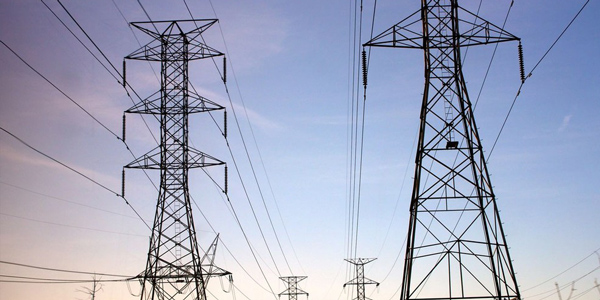By Tom Kleckner
FERC last week accepted Tariff revisions to streamline SPP’s Integrated Transmission Planning (ITP) process, despite opposition from wind developers.
The commission’s Dec. 21 order accepted the revisions as consistent with the transmission planning requirements under FERC Orders 890 and 1000 (ER17-2027).
SPP’s filing drew protests from the American Wind Energy Association, the Wind Coalition and four renewable energy companies. They contended that SPP’s ITP process did not meet Order 890’s transparency principle because it lacked details of the process currently found in the ITP Manual.
AWEA and the Wind Coalition also argued that the Tariff should “specify the transmission elements and voltage levels to which the ITP assessment applies; more clearly provide opportunities for stakeholder input on economic transmission needs; include additional details on the inputs SPP plans to incorporate into its planning studies and how SPP will determine the inputs to use; and explain how SPP will coordinate its aggregate transmission study, generation interconnection and ITP processes.”
The wind developers added that the Tariff, rather than the ITP Manual, “should detail how SPP determines the variable operations and maintenance cost for wind and solar resources; incorporate reasonable, objective standards to identify the amount of wind generation that SPP will use in its planning models; include triggers to address economic market conditions; and specify the criteria for identifying persistent operational issues.
FERC said the concerns “relate to elements of the ITP process that SPP does not propose to change, and thus are beyond the scope.”
“SPP’s proposed Tariff revisions implement this proposal without otherwise modifying the existing ITP process,” the commission said.
The protesters further argued that SPP should hold two planning summits per planning cycle, rather than the proposed annual summit. FERC agreed with the RTO’s argument that reducing the number of required planning summits “will not affect stakeholders’ ability to provide input.”
“Stakeholders may participate at the working group level and throughout the transmission planning process,” the commission noted, saying SPP could always schedule additional planning summits as needed.
Stakeholders approved the process changes, which were developed by a member task force, in July 2016. Under the new process, SPP will combine the ITP’s near-term and 10-year assessments and NERC transmission planning assessments into a single 10-year study. It also modified the 20-year assessment’s timing from at least once every three years to five years.
The changes will result in an annual transmission expansion plan addressing reliability, economic and policy needs. The first study under the new process began in September, and results will be unveiled in October 2019.






